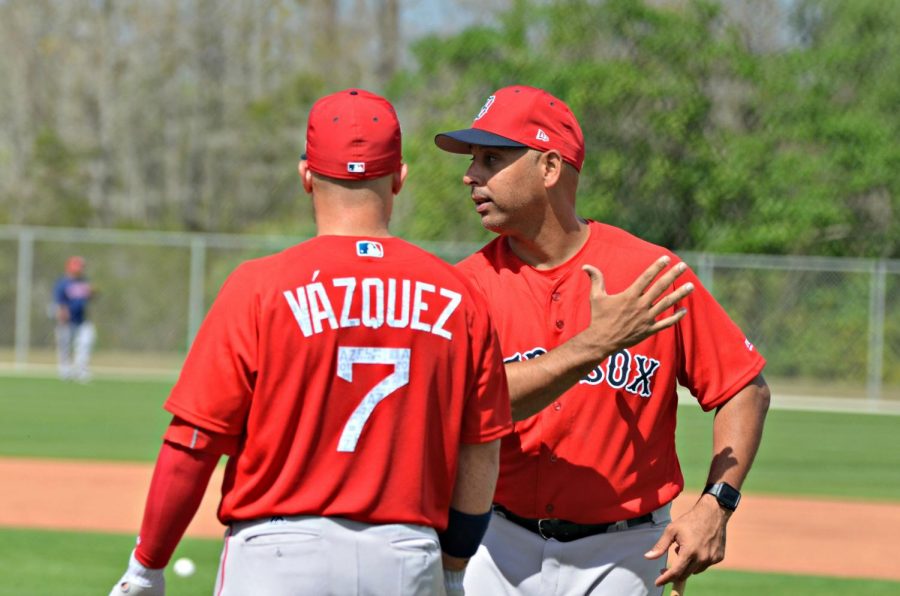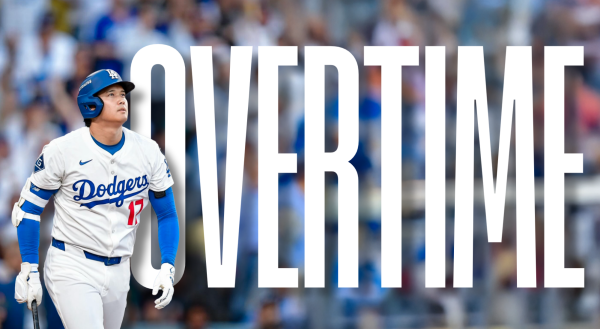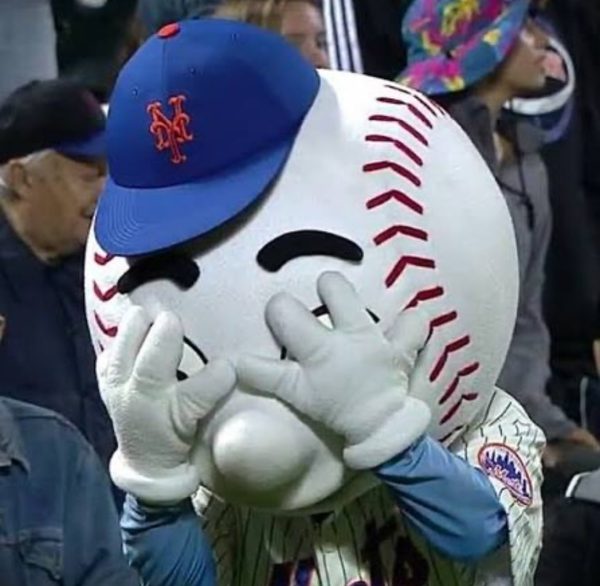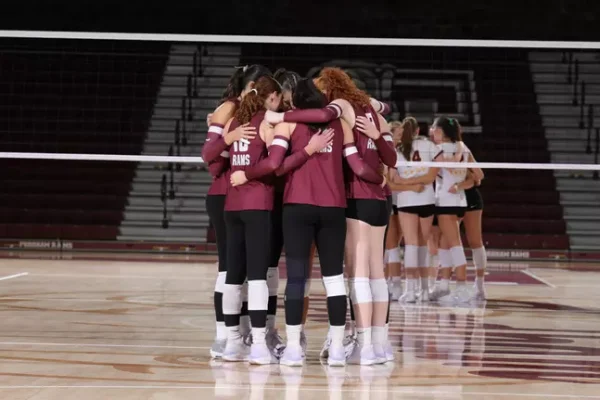The Astros Cheating Scandal: A Retrospective
It’s over. The saga that has gripped the baseball world since November 2019 has finally come to an end. The story began when The Athletic’s Ken Rosenthal and Evan Drellich reported the details of the Houston Astros elaborate, electronic sign-stealing system. Mike Fiers, a former Astros pitcher, approached The Athletic with information on how the 2017 World Series Champion Houston Astros had used a video camera in center field to record the catcher’s signs and relay them to the dugout. Afterward, the signs would be decoded, and the pitch would be told to the batter before it was thrown.
It is important to note that stealing signs is not itself illegal in the MLB and is routinely celebrated when done using purely visual means. These means are generally when a runner on second base watches and decodes the signs given by the catcher to the pitcher which determine the next pitch. The runner then informs their batter of what they guess is the upcoming pitch. Visual sign-stealing is celebrated because when catchers see a runner on second, they greatly complicate their signs, making it extremely difficult for the runner to decode them quickly, if at all. However, using electronic means to do this is illegal, as it essentially allows the batter to know the next pitch being thrown every time.
A few days after the release of the article, MLB Commissioner Rob Manfred announced that the MLB was conducting a “really, really thorough” investigation into the allegations in the article. The investigation was sweeping, becoming the MLB’s most extensive investigation since the steroid era. Over the course of this investigation, the MLB’s investigative staff read through over 70,000 emails and conducted countless interviews with anyone involved in the 2017-2019 Houston Astros. The MLB was able to conduct such a thorough and precise investigation by offering the players a deal to essentially turn state’s evidence, where the players would describe their cheating system with the promise of no punishment.
Through these interviews, the MLB was able to discover the specific intricacies of the Astros’ cheating system and learn how simultaneously high tech and basic it was. On Jan. 13, 2020, Commissioner Rob Manfred announced the findings of the investigation. The MLB found that during the 2017 regular season and postseason, along with parts of the 2018 regular season, the Astros had, in fact, illegally used a video camera to record the signs of the opposing team’s catcher. The report detailed how Astros bench coach Alex Cora and Carlos Beltrán (who was known to intimidate players into complying with the cheating) masterminded a complex system to steal the opposing catcher’s signs. In their system, the camera in center field would feed a live video into the Astros bench, where a player would decode the sign and relay the sign to the batter. Their relay system centered on the use of a trash can, where one bang on the trash can indicated an offspeed pitch and no bangs indicated a fastball.
Along with this report came an announcement that the Astros had been fined $5 million and lost their 2020 and 2021 first and second-round picks, and that the MLB had given one year bans to manager A.J. Hinch and general manager Jeff Luhnow. Additionally, the MLB announced that Alex Cora, the current Red Sox manager, who had managed the team to a World Series Championship in 2018, would be a part of an investigation into the Red Sox alleged use of a replay room in a sign-stealing capacity. These announcements were soon followed by the firings of all mentioned, as well as newly appointed New York Mets manager Carlos Beltrán. These punishments drew massive criticism from players and fans alike, who considered it much too lenient, and the MLB’s decision to not remove the Astros’ 2017 World Series title to be a joke.
However, the saga would not end there, as the MLB shifted its focus to investigating the Boston Red Sox and their manager Alex Cora for their actions that were allegedly similar in nature to those of the Astros’. As Cora was the “mastermind” of the Astros cheating scandal, the Red Sox investigation was considered a natural extension of the Astros investigation by both the league and the fans. Specifically, the Red Sox were accused of using their replay room to steal signs in a similar, albeit smaller, operation as the Astros.
The results of this report were released on April 22, 2020. It detailed how Red Sox video room operator J.T. Watkins had “on at least some occasions during the 2018 regular season, utilized the game feeds in the replay room, in violation of MLB regulations, to revise sign sequence information that he had permissibly provided to players prior to the game.” This conduct was deemed by the MLB to have been far less egregious than the Astros’ conduct and gave a correspondingly lesser punishment to those involved. All told, the Red Sox were docked a second-round pick in 2020, and former manager and replay room operator J.T. Watkins would be suspended through the conclusion of the 2020 postseason. A postseason this is currently up in the air as a result of the COVID-19 pandemic.
And so, with the saga finally finished and the dust settled, baseball fans and players can now reflect on how the MLB handled this debacle. Generally, aside from Red Sox and Astros fans, the consensus is that the MLB handled this about as poorly as they could have. Many players have commented that they would rather play against steroid users than people who knew what pitch was coming next. Fans are still angrily demanding that the MLB strip the Astros of their 2017 title. However, the most damning question being faced by the MLB is, if they were unable to handle this scandal properly, how can the fans and players trust the league to handle the COVID-19 pandemic properly? One hundred years ago, the MLB was able to provide justice for those affected by the 1919 “Black Sox” scandal, but in the largest scandal since, the consensus is that they failed miserably.














































































































































































































